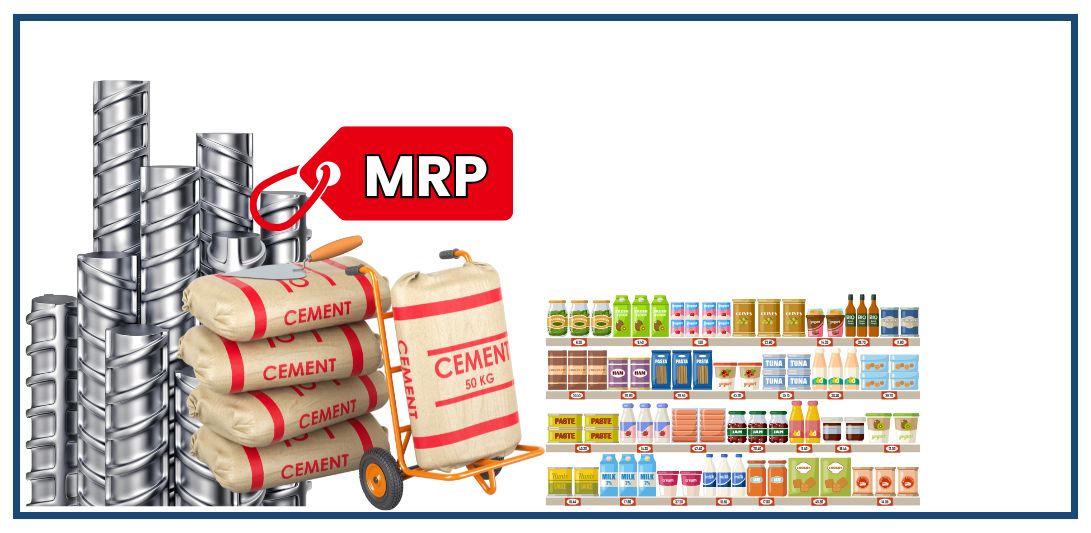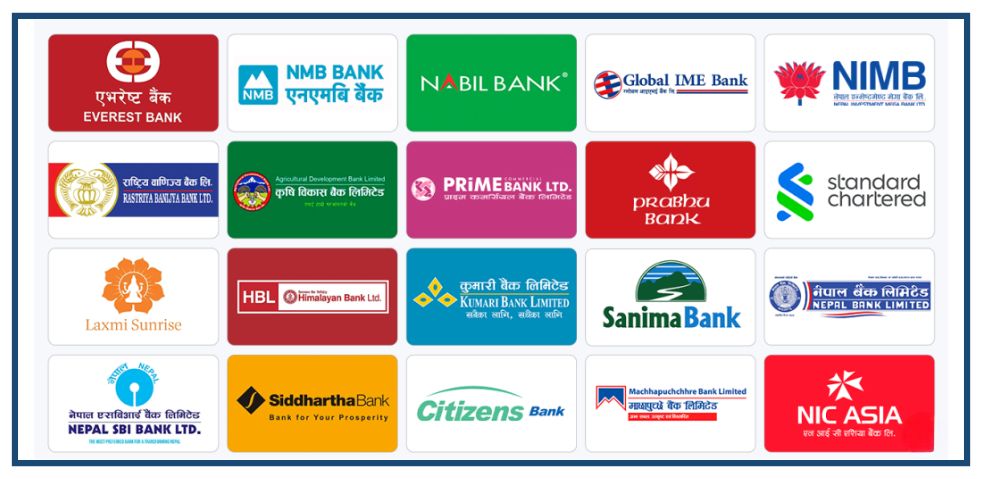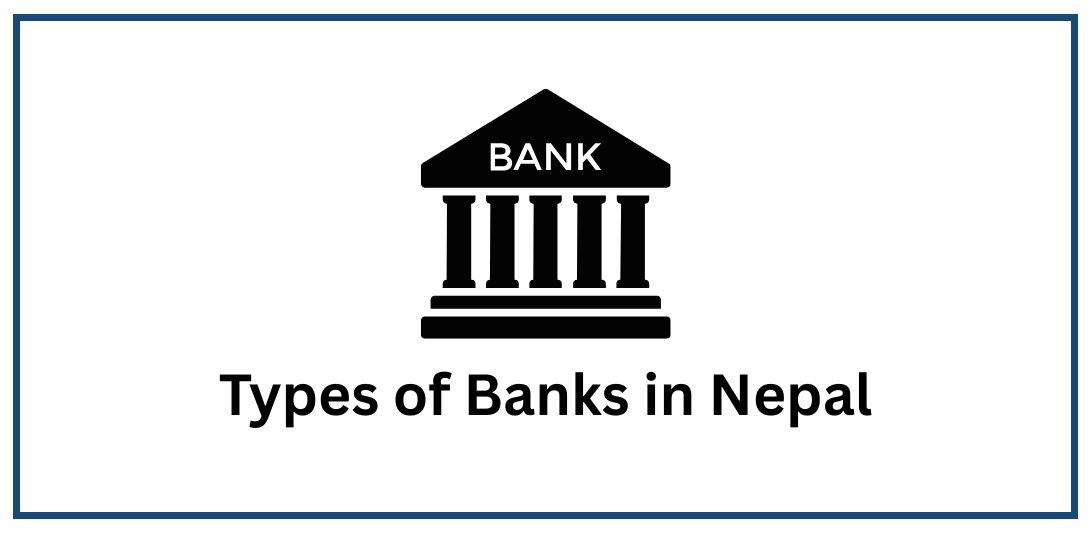The Nepalese government, through the Consumer Protection Department under the Ministry of Industry, Commerce, and Supplies, has made rule for MRP Labels Mandatory on all domestically produced and imported goods to stop overpricing and protect consumers. Key developments include:
- Directive and Deadlines:
- The initial deadline was set for 20 Chaitra 2081 (March 2024). However, pushback from cement and steel rod industries led to a compromise allowing Factory Gate Price (FGP) labeling for these sectors.
- A renewed deadline from 1 Baisakh 2081 (mid-April 2024) intensified enforcement.
- Enforcement Actions:
- Over 150 inspections conducted since Chaitra, resulting in 20+ business suspensions, fines, and warnings.
- Notable penalties:
- Anand Traders (Kathmandu): NPR 200,000 fine for unlabeled goods.
- Aditya Enterprises (Bhaktapur): NPR 50,000 fine for missing price lists.
- Riwaj Food Store (Lalitpur): NPR 20,000 fine for improper billing.
- Sector-Specific Compliance:
- Cement and Steel Rod Industries: Now use FGP labels due to fluctuating raw material costs.
- Automotive Sector: Spare parts and electric vehicles (e.g., BYD) now include MRP labels, often via QR codes.
- Legal Framework:
- Based on the Consumer Protection Act 2075, non-compliance can attract fines up to NPR 200,000.
- Requirements include labeling production/expiry dates, batch numbers, taxes, and safety warnings.
- Objectives:
- Consumer Protection: Prevent overpricing and black-market practices.
- Market Transparency: Ensure fair pricing and accountability.
- Healthy Competition: Encourage standardized pricing across industries.
- Challenges:
- Industries with volatile pricing (e.g., metals) face difficulties in fixed MRP adherence.
- Importers must adjust labels to reflect Nepal’s tax-inclusive pricing.
Quote from Authorities:
Kumar Prasad Dahal, Director-General of the Consumer Protection Department, emphasized, “This campaign aims to create a fair market. We’re rigorously monitoring compliance to safeguard consumers.”
Industry Response:
Most sectors, including pharmaceuticals and hardware, are adopting MRP/FGP labels, though some require further documentation adjustments. The move is seen as critical for aligning Nepal’s market practices with global standards.





